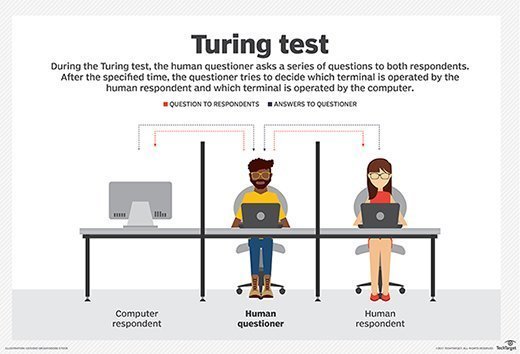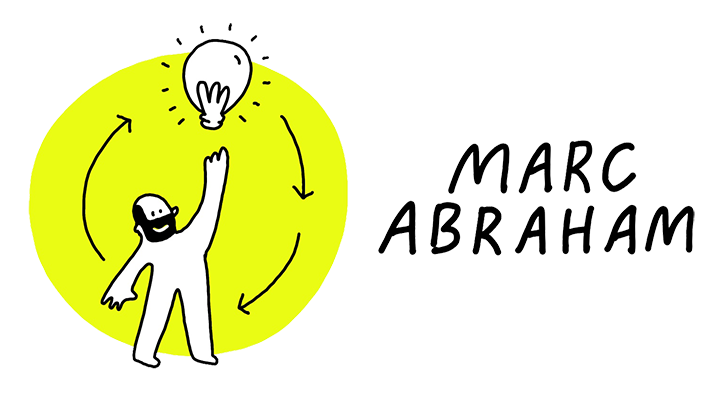The ‘Turing Test’ was designed back in 1950 by mathematician and computing engineer Alan Turing to determine whether a machine can show human intelligence. In simple terms; can a computer talk like a human? At the time Turing called it the ‘Imitation Game’. As part of the test, a human judge has a text conversation with unseen players and evaluates their responses.

The human evaluator would be aware of one of the conversation partners being a machine and the conversation would be text-only, e.g. a computer keyboard and screen. This way the test outcome wouldn’t be dependent on a machine’s ability to render words as speech nor on the correctness of the machine’s answers to questions. Instead, the result of the test would only be determined by how closely the machine’s answers resemble the answers a human would give. If the evaluator could not reliably tell the machine from the human, the machine would be said to have passed the test and it would be deemed artificially intelligent.
Since the Turing Test was invented, AI programs like ELIZA, PARRY and Eugene Goostman have attempted to created intelligent agents that are indistinguishable from a human in their responses. Other programmes like Cleverbot have taken a different approach by statistically analysing large databases of real conversations to determine the best (human) responses. As far as some of these AI programmes get, they still lack the human emotion, personality or ability to tackle totally new topics that humans have. As Dr. Rand Hindi, CEO of AI tech company Snips says: “I believe that you will never have true emotional intelligence in machines.”
Main learning point: The Turing Test is a well established way to determine the artificial intelligence of a machine. It makes me wonder; how many of today’s AI applications truly pass Turing’s ‘imitation game’?!
Related links for further learning:
https://www.investopedia.com/terms/t/turing-test.asp
https://en.wikipedia.org/wiki/Turing_test
https://en.wikipedia.org/wiki/Computing_Machinery_and_Intelligence
https://bigthink.com/the-future/turing-test-imitation-game/
https://dataconomy.com/2021/03/which-ai-closest-passing-turing-test/
https://www.webpronews.com/rand-hindi-human-like-artificial-intelligence/

